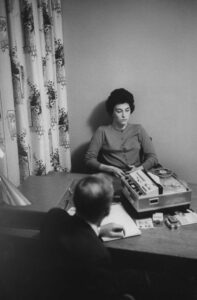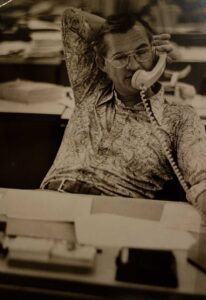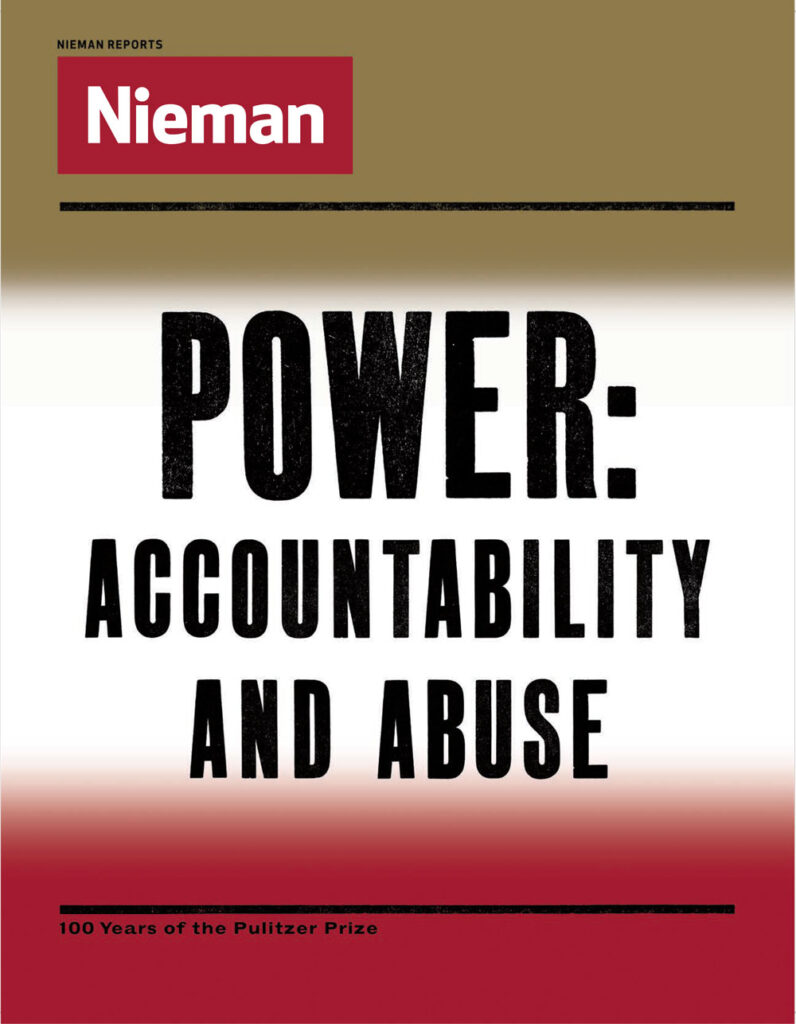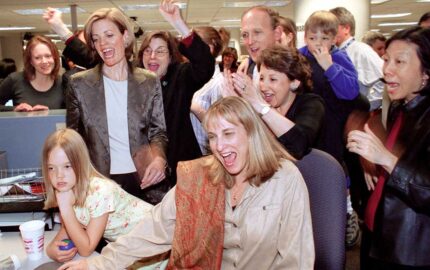Miller won the first of two Pulitzers for his investigations into the cases of two people wrongfully convicted of murder. Both were released from prison as a result of Miller’s work.
This is a personal account of a 2½-year failure. It is about a girl imprisoned for two murders in Louisiana. Her name is Mary Hampton. I believe she can be proved innocent.

I want to label this newspaper story clearly. It is opinion.
Let me make something else clear at the beginning. Most newspapers, this one included, try hard to be fair. I sometimes think that if the 20th Century press could report the crucifixion of Christ, the second paragraph would be an explanation from Pontius Pilate.
The point I am trying to make is this: In the case of Mary Hampton, I am personally far beyond a position of so-called journalistic fairness.
The State of Louisiana, I believe, is inflicting a terrible wrong upon Mary Hampton; a wrong judicial and moral. Somehow, by incompetency, by ignorance, by stupidity, by ineptitude, perhaps by sheer carelessness, or possibly by deliberate design, the State of Louisiana erred judicially.

Mary Hampton, in my opinion, no more committed the crimes for which she is incarcerated than did Grandma Moses or Mamie Eisenhower.
Yet, worse perhaps than her imprisonment, is the attitude of the State of Louisiana. It refuses to examine the possibility of error, let alone acknowledge or rectify error.
My opinions, I also realize, are meaningless in a court of law.



